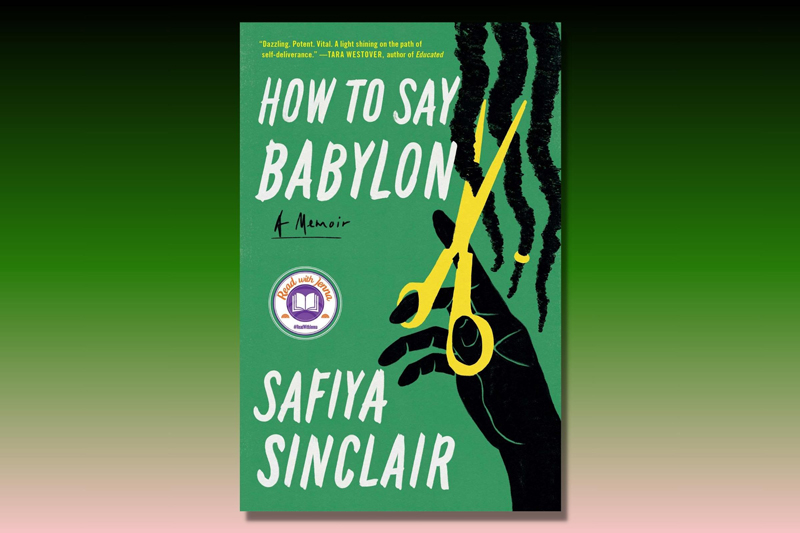Poet Safiya Sinclair grew up in a militant Rastafarian household in Jamaica under the watchful eye of her father, who she describes as having been domineering and insistent on purity above all else. Sinclair writes that her father feared that “Babylon,” the Rasta term for Western society, would corrupt his daughters. Her debut memoir, How to Say Babylon, is a reflective and compassionate recounting of how she broke away from her father and his beliefs to become her own person. A published poet at 16, writing was Sinclair’s salvation from the pressure her father, a talented but struggling musician, put on her to be the perfect Rasta daughter. “I was too headstrong, too curious,” she writes. “Too much of myself, and not enough of him.” It is only by excavating her own past, her own need for rebellion, that Sinclair begins to understand her father’s embrace of a religious and political movement that has long been a persecuted minority in her home country. In songlike prose, she describes how they were both looking for liberation, and how she believes only one of them has found it. —Shannon Carlin
Buy Now: How to Say Babylon on Bookshop | Amazon
- Donald Trump Is TIME's 2024 Person of the Year
- Why We Chose Trump as Person of the Year
- Is Intermittent Fasting Good or Bad for You?
- The 100 Must-Read Books of 2024
- The 20 Best Christmas TV Episodes
- Column: If Optimism Feels Ridiculous Now, Try Hope
- The Future of Climate Action Is Trade Policy
- Merle Bombardieri Is Helping People Make the Baby Decision
